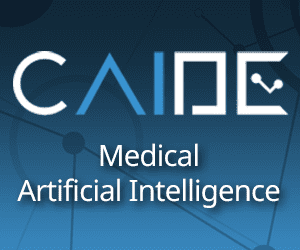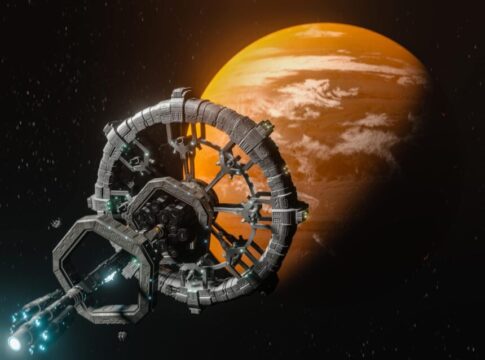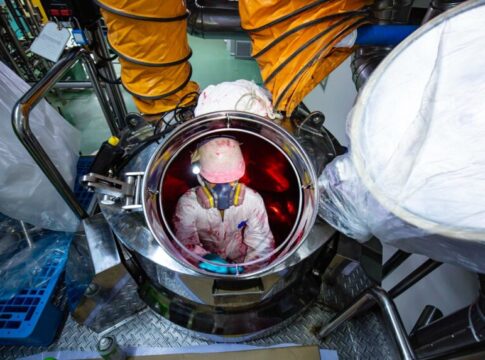Quantum computing has the potential to revolutionize data processing and analysis in the aerospace industry. Traditional computers, based on classical computing principles, have limitations in solving complex problems and handling vast amounts of data. Quantum computing, on the other hand, leverages the principles of quantum mechanics to perform calculations at an exponentially higher speed, offering new possibilities for aerospace applications. Here are some ways quantum computing can transform data processing and analysis in the aerospace sector:
- Optimization and Resource Allocation: The aerospace industry often deals with complex optimization problems, such as route planning, scheduling, and resource allocation. Quantum computing algorithms, such as quantum annealing and quantum-inspired optimization algorithms, can provide more efficient solutions to these problems. They can optimize the use of resources, minimize fuel consumption, and improve overall operational efficiency.
- Simulation and Modeling: Quantum computers can significantly enhance simulation and modeling capabilities in aerospace. Simulating the behavior of complex systems, such as airflow around an aircraft or the dynamics of satellite constellations, requires immense computational power. Quantum simulators and quantum algorithms can tackle these simulations more efficiently, enabling more accurate predictions and improved design optimization.
- Machine Learning and Pattern Recognition: Quantum computing can enhance machine learning and pattern recognition algorithms used in aerospace applications. Quantum machine learning algorithms, such as quantum neural networks and quantum support vector machines, can handle large datasets and perform complex pattern recognition tasks with improved accuracy and speed. This can lead to advancements in image processing, anomaly detection, and predictive maintenance in aerospace systems.
- Data Encryption and Security: Quantum computing can have a significant impact on data encryption and cybersecurity in aerospace. Quantum algorithms, such as Shor’s algorithm, have the potential to break conventional encryption methods, which could pose a risk to sensitive aerospace data. However, quantum computing also offers the development of quantum-resistant encryption methods, known as post-quantum cryptography, to ensure data security in the face of future quantum threats.
- Weather Prediction and Climate Modeling: Accurate weather prediction and climate modeling are vital for aerospace operations. Quantum computers can enhance the computational power required for complex weather simulations and climate modeling, enabling more precise forecasts and long-term predictions. This can have implications for flight planning, air traffic management, and climate research in the aerospace sector.
- Quantum Sensors and Navigation: Quantum technologies, including quantum sensors and quantum navigation systems, can improve the accuracy and reliability of navigation in aerospace. Quantum sensors, such as atomic clocks and magnetometers, can provide highly precise measurements for navigation and guidance systems. Quantum-based navigation systems, such as quantum-enhanced inertial navigation or quantum radar, can offer enhanced positioning and detection capabilities for aircraft and spacecraft.
- Materials Science and Aerospace Design: Quantum computing can accelerate materials discovery and optimization in aerospace. Quantum simulations can aid in the design and development of advanced materials with specific properties, such as lightweight and high-strength composites. This can lead to the development of new materials for aerospace structures, propulsion systems, and energy storage, ultimately improving performance and efficiency.
It is important to note that quantum computing is still in its early stages of development, and practical, large-scale quantum computers are not yet widely available. However, significant progress is being made in research and development, and the aerospace industry is actively exploring the potential applications of quantum computing. As quantum technology continues to advance, it has the potential to revolutionize data processing and analysis in aerospace, enabling faster, more accurate computations and unlocking new capabilities for the industry.








